What are the best foods to prevent glaucoma and other vision problems?
Avocado and spinach contain carotenoids lutein and zeaxanthin, both of which help keep your eyes healthy.
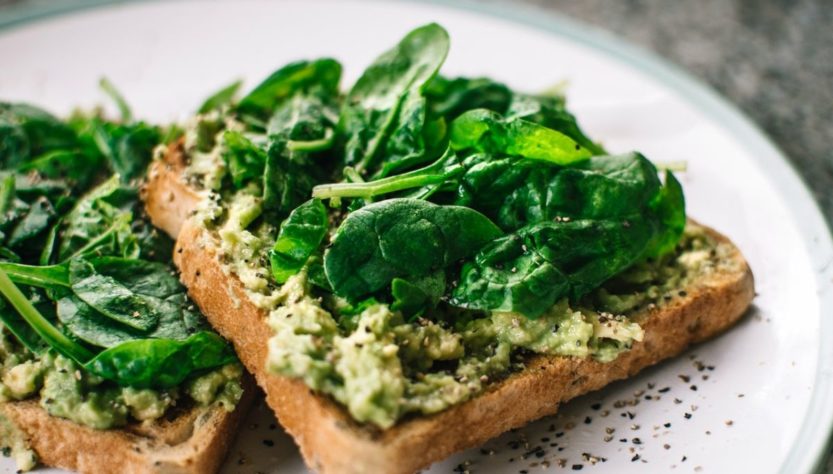
Food is the best source of vitamins, minerals, and antioxidants for the eyes. The eyes also require nutrients to stay healthy and thus avoid diseases that can cause loss of vision or blindness.
A healthy, balanced diet is key to helping prevent cataracts, macular degeneration, glaucoma, and other vision problems.
Glaucoma is a leading cause of blindness worldwide
Glaucoma is a group of diseases that can damage the optic nerve of the eye. This can result in some loss of vision or blindness if it is not caught early and treated properly.
Anyone can develop glaucoma, but some people are at higher risk than others. According to the National Eye Institute in the United States, among those most at risk are African-Americans over 40 years of age; all people over the age of 60 and people with family members who have had glaucoma.
Better foods for your eyes
1. Green leafy vegetables
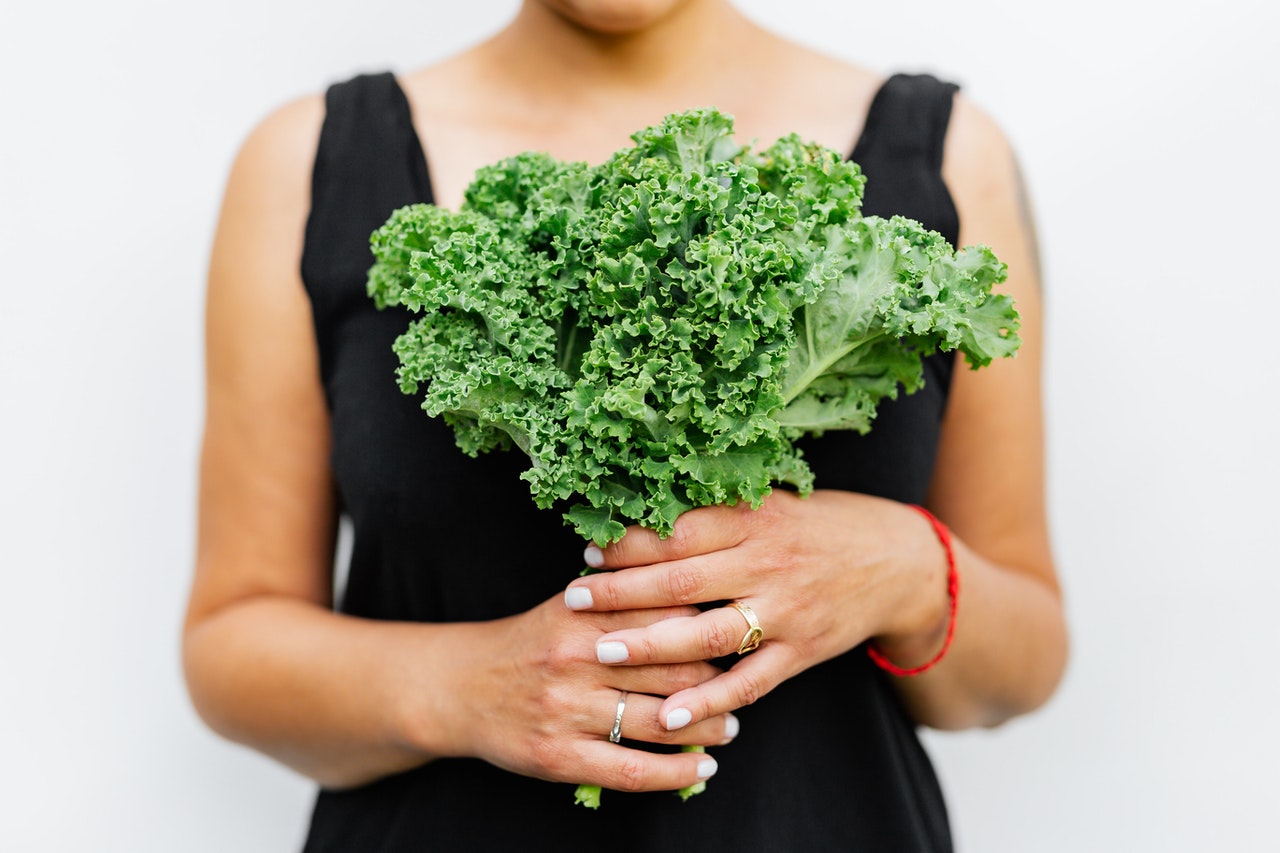
Make sure to get plenty of dark leafy greens like spinach, kale, and collard greens. These vegetables are a source of carotenoids lutein and zeaxanthin, two important antioxidants that are especially concentrated in the tissues of the eyes.
These antioxidants help protect eye cells from free radical damage, protect eye tissues from sunlight damage and reduce the risk of eye changes related to aging.
Thee Academy of Nutrition and Dietetics advises eating leafy green vegetables with few slices of avocado.
2. Pumpkins, sweet potatoes, and carrots
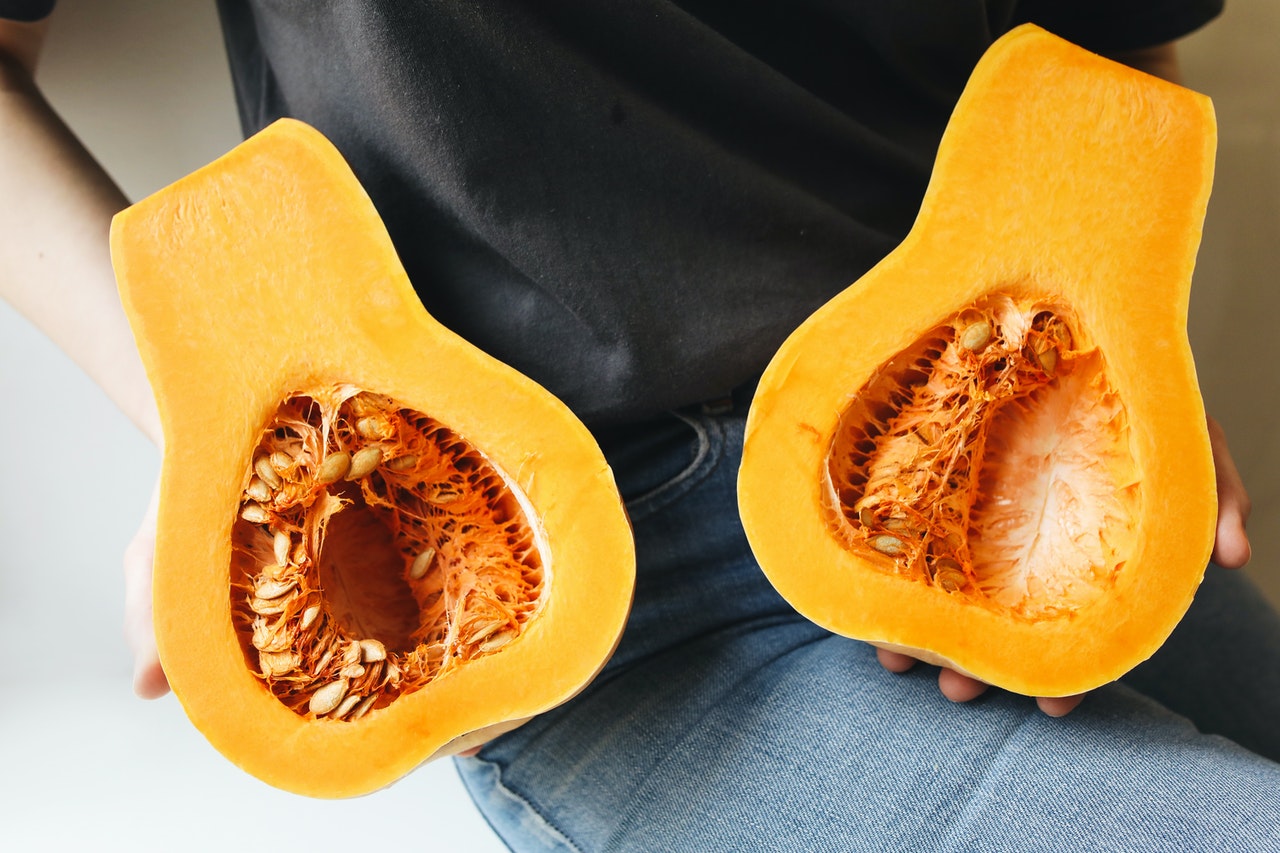
Eating pumpkin brings nutrients to your eyes. Pumpkin is rich in beta-carotene and other carotenoids. Beta-carotene is one of the pigments in a group of red, orange, and yellow pigments called carotenoids that provide vitamin A and they are found in fruits and vegetables, among them are carrots, sweet potatoes, papaya.
Vitamin A is important for normal vision. It is an essential component of rhodopsin, a protein that absorbs light at receptors in the retina and supports normal differentiation and function of the conjunctival membranes and cornea.
3. Fatty fish
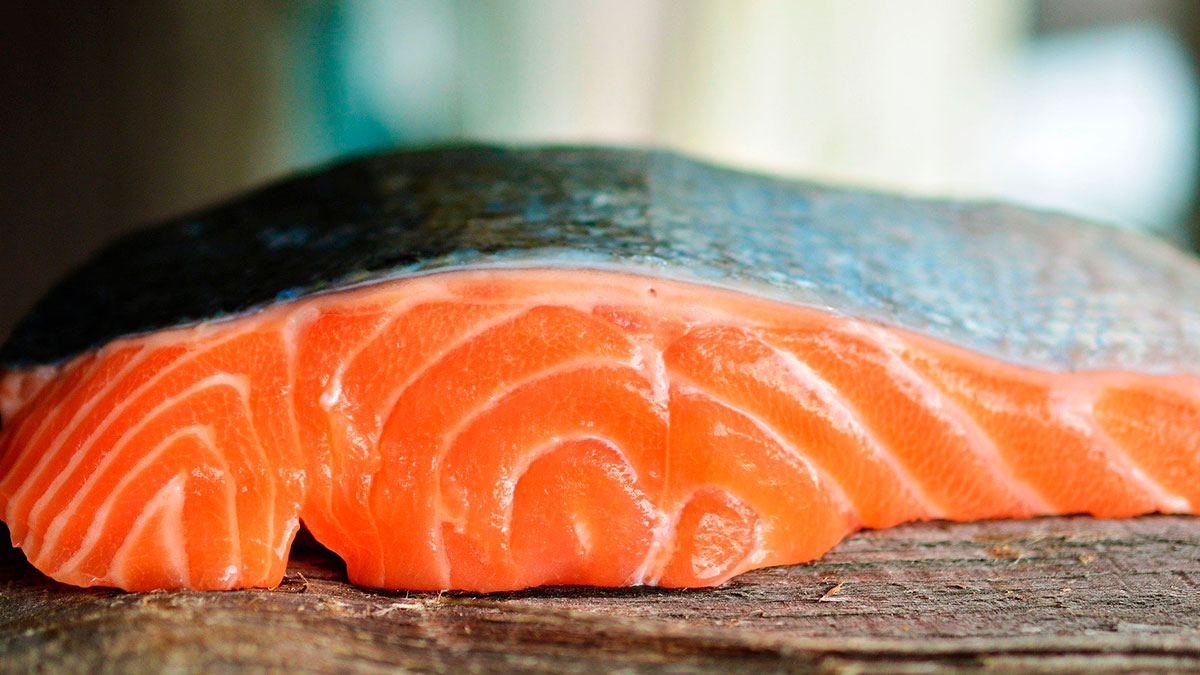
Eating fish high in omega-3 fatty acids, such as salmon or sardines, is also good for your eyes. The DHA in fatty fish is the most complex form of omega-3. DHA can help slow retinal degeneration, including macular degeneration, the most common form of blindness in older people.
While DHA won’t reverse retinal damage, it can help preserve vision, relieve dry eye, and chronic eyelid inflammation.
4. Berries and peppers
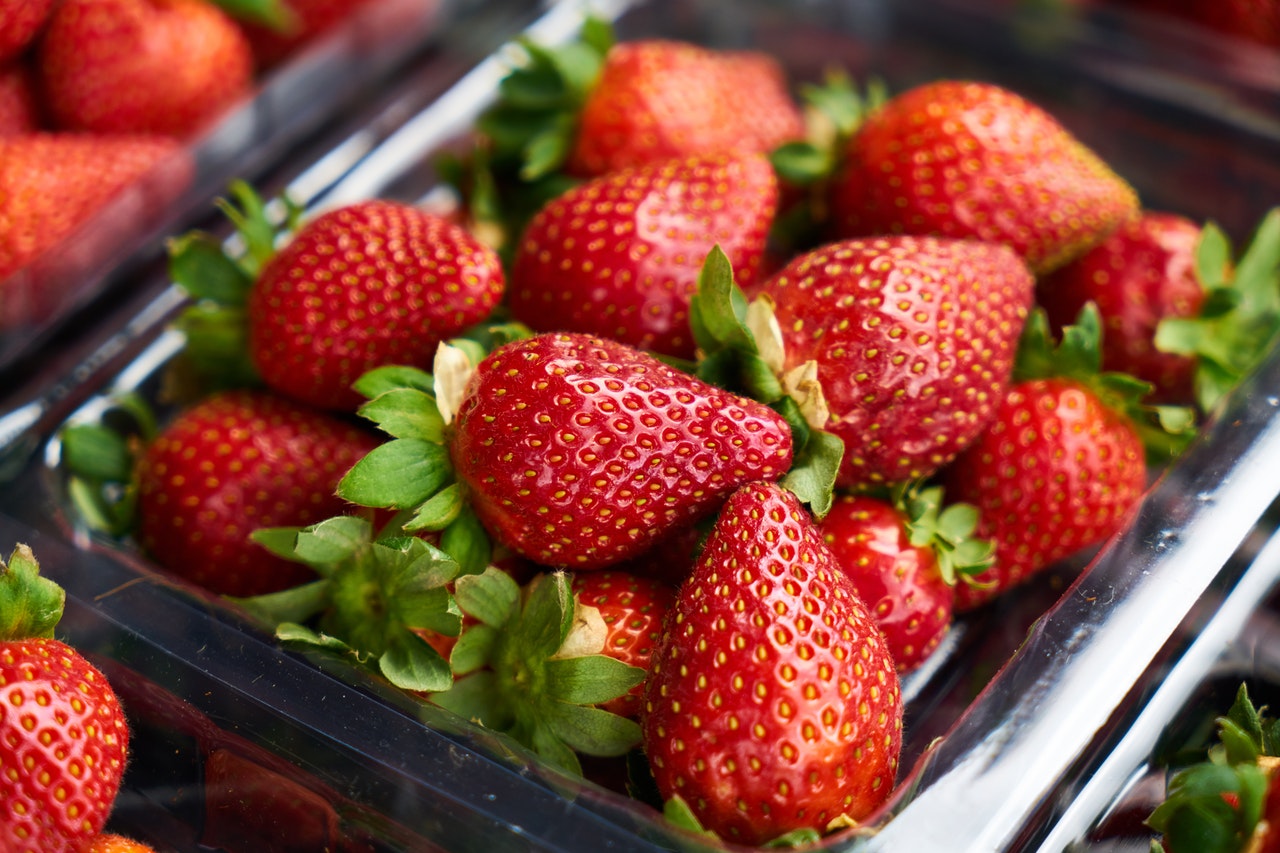
Consumption of fruits and vegetables rich in vitamin C like strawberries, peppers and citrus fruits flatter your eyes.
The National Institutes of Health publish that research studies indicate that vitamin C, combined with other nutrients, may slow the progression of age-related macular degeneration. Some studies indicate that people who consume more vitamin C present in food have a lower risk of cataracts.
5. Walnuts
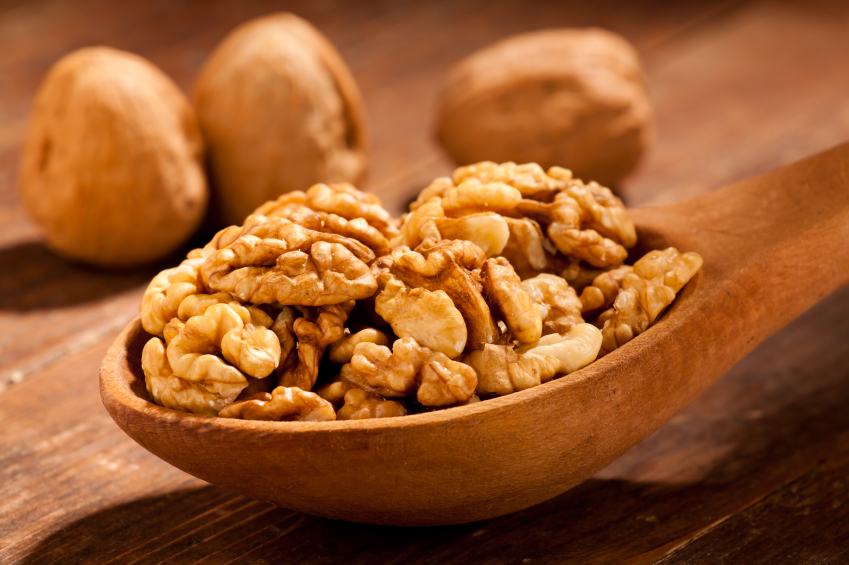
In addition to a healthy diet, quitting bad habits like smoking also favors eye care. Smoking increases the risk of diseases such as macular degeneration and cataracts, and can damage the optic nerve.
[Source: FitEyes.com and Explica .co]
